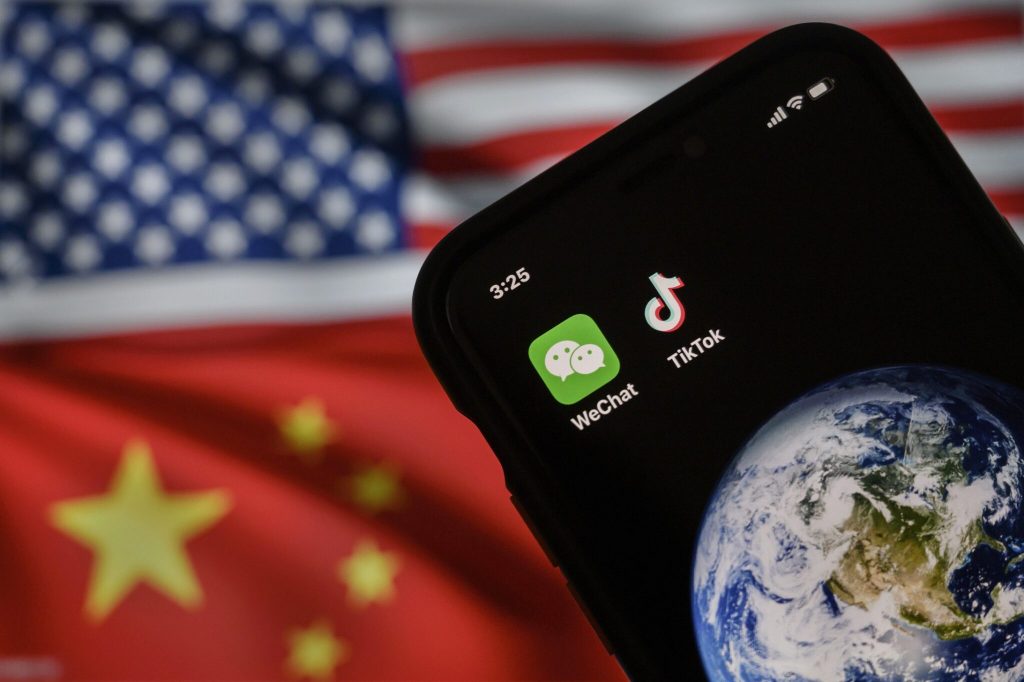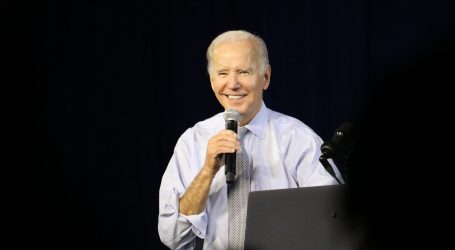Georgia House panel endorses bill to social media political messenger disclosures

More than 150 million people in the United States use TikTok on a monthly basis. That accounts for about 10% of the platform’s global users. Kevin Frayer/Getty Images
The state House Governmental Affairs Committee unanimously supported a bill Thursday requiring public disclosure of any content that political campaigns and candidates pay celebrities and other social media influencers to post.
Rep. Scott Hilton’s House Bill 1039 so-called social media influencer bill now goes to the House Rules Committee, which will determine if the measure makes it before the full chamber for a vote. Peachtree Corners Republican says he is not aware of any other state passing a similar law intended to inform voters when candidates or political campaigns and committees pay people to endorse a candidate on social media.
Disclosures would be required if the influencer is paid with money or through other goods and services.
“The sole purpose is so our constituents know who’s paying for what and where the money is going. Media is changing from your traditional television advertisements you see on TV to this right here,” HIlton said while holding up his cell phone at Thursday’s committee meeting.
“If you as a candidate pay a social media influencer to put an ad up about how great you are then that has to be disclosed verbally in the post or in writing,” he said.
A violation of the social media disclosure law could result in a fine levied by the Georgia Ethics Commission, which oversees other types of campaign finance reports for candidates in Georgia elections.
The legislation does not stipulate a threshold for how many followers a person must have on their social media account in order to be considered influential. Hilton said he’s more concerned with making public that someone was paid by a candidate or political committee than how popular the endorser is.
According to a report by data analytics firm AdIimpact, political advertising spending in the U.S. increased significantly in 2020 and 2022 across digital platforms such as Facebook and Instagram and online streaming services. AdImpact projections show that $1.7 billion was spent on political digital advertising in 2020, representing approximately 19% of the total amount.
Public policy institute Brennan Center for Justice has urged the Federal Election Commission to update its political ad disclosure requirements so that voters know when a candidate uses nontraditional forms of online political advertising.
“Commercial advertisers already pay influencers to promote their products and services, sometimes without making clear that the influencer is being paid for their endorsement. Political advertisers have adopted similar tactics,” the Breenan Center said in a Jan. 9 letter to the federal commission .
GET THE MORNING HEADLINES DELIVERED TO YOUR INBOX
The post Georgia House panel endorses bill to social media political messenger disclosures appeared first on Georgia Recorder.




